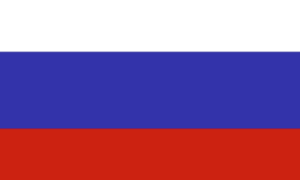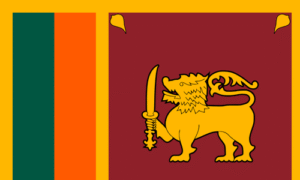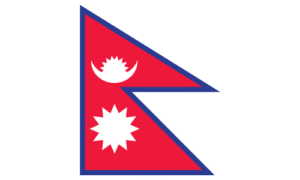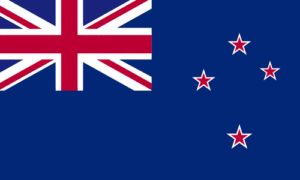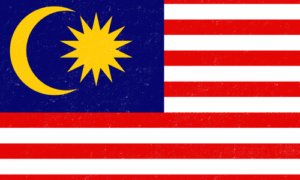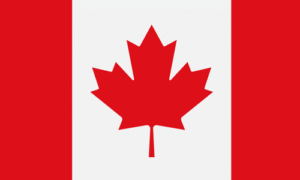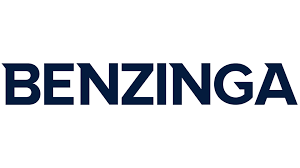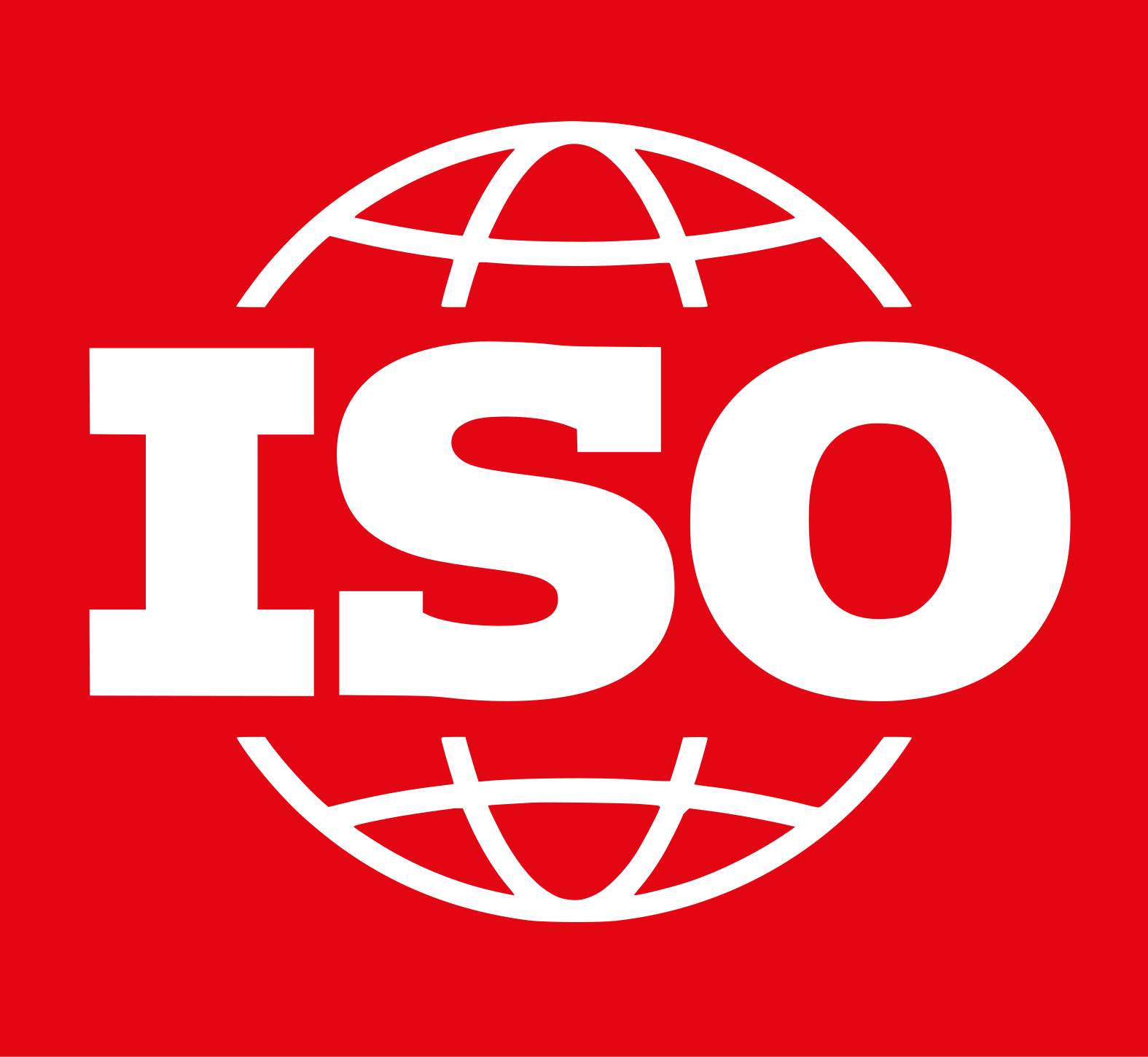Table of Contents
- 1 Introduction to Department of Labor Registration Requirements
- 2 Essential Documentation for Labor Department Approval Process
- 3 Step-by-Step Guide for Labor Department Registration
- 4 Legal Requirements for Department of Labor Approval
- 5 Financial Obligations for Labor Department Registration Process
- 6 Compliance Standards for Department of Labor Approval
- 7 Timeline Overview for Labor Department Registration Process
- 8 Authority Requirements for Department of Labor Approval
- 9 Employee Standards for Labor Department Registration Process
- 10 Workplace Safety Requirements for Department of Labor Approval
- 11 Insurance Requirements for Labor Department Registration Process
- 12 Inspection Process for Department of Labor Approval
- 13 Annual Reporting Requirements for Labor Department Registration
- 14 Renewal Procedures for Department of Labor Approval
- 15 Post-Registration Compliance for Labor Department Process
- 16 FAQs
- 16.1 What is the processing time for labor approval?
- 16.2 Are foreign workers permitted under labor approval?
- 16.3 What safety standards must be maintained?
- 16.4 How often are workplace inspections conducted?
- 16.5 What are the minimum wage requirements?
- 16.6 What employee benefits are mandatory?
- 16.7 How frequently must reports be submitted?
Introduction to Department of Labor Registration Requirements
The Department of Labor (DoL) approval process in Nepal is a crucial step for businesses operating within the country. This process ensures compliance with labor laws, protects workers’ rights, and maintains fair employment practices. Under the Labor Act 2074 (2017), all enterprises employing ten or more workers must register with the DoL.
Key aspects of the registration requirements include:
- Proper documentation of employment contracts
- Adherence to minimum wage standards
- Implementation of workplace safety measures
- Provision of mandatory employee benefits
- Compliance with working hour regulations
Businesses must understand these requirements to successfully navigate the DoL approval process and operate legally in Nepal.
Essential Documentation for Labor Department Approval Process
To initiate the DoL approval process, businesses must prepare and submit several essential documents. These include:
- Company registration certificate
- PAN (Permanent Account Number) certificate
- Memorandum and Articles of Association
- List of employees with their designations and salaries
- Employment contracts for all workers
- Workplace safety policy document
- Employee provident fund and gratuity details
- Insurance policy documents for employees
Ensuring all required documentation is accurate and up-to-date is crucial for a smooth approval process. The Labor Rules 2075 (2018) provide detailed guidelines on the specific format and content of these documents.
Step-by-Step Guide for Labor Department Registration
The DoL registration process in Nepal involves several steps:
- Prepare all required documents as per DoL guidelines
- Submit the application form along with necessary documents to the local Labor Office
- Pay the prescribed registration fee
- Undergo initial document verification by DoL officials
- Schedule and complete an on-site inspection of the workplace
- Address any issues or discrepancies identified during the inspection
- Receive the DoL approval certificate upon successful completion of all requirements
This process typically takes 30-45 days, depending on the complexity of the business and the completeness of the submitted documents.
Legal Requirements for Department of Labor Approval
The legal framework governing DoL approval in Nepal is primarily based on the Labor Act 2074 (2017) and the Labor Rules 2075 (2018). Key legal requirements include:
- Compliance with minimum wage regulations as per Section 106 of the Labor Act
- Adherence to working hour limits (48 hours per week) as stipulated in Section 28
- Provision of leave entitlements, including annual leave, sick leave, and maternity leave
- Implementation of occupational health and safety measures as per Chapter 12 of the Act
- Establishment of a grievance handling mechanism for employees
- Proper maintenance of employee records and payroll documentation
Businesses must ensure full compliance with these legal requirements to obtain and maintain DoL approval.
Financial Obligations for Labor Department Registration Process
The DoL registration process involves several financial obligations:
- Registration fee: Varies based on the number of employees and type of business
- Employee Provident Fund contributions: 10% of basic salary from both employer and employee
- Gratuity payments: 8.33% of basic salary for each year of service
- Social Security Fund contributions: 31% of basic salary (11% from employee, 20% from employer)
- Insurance premiums for mandatory employee insurance coverage
These financial obligations are ongoing and must be maintained throughout the business’s operation to remain compliant with DoL regulations.
Compliance Standards for Department of Labor Approval
To obtain and maintain DoL approval, businesses must adhere to various compliance standards:
- Non-discrimination policies in hiring and employment practices
- Equal pay for equal work, regardless of gender or other factors
- Prohibition of child labor and forced labor
- Implementation of anti-harassment policies
- Provision of a safe and healthy work environment
- Compliance with overtime pay regulations (1.5 times the regular rate)
- Proper maintenance of employee records and timely payment of wages
Regular internal audits and training programs can help businesses ensure ongoing compliance with these standards.
Timeline Overview for Labor Department Registration Process
The DoL registration process typically follows this timeline:
- Document preparation and submission: 1-2 weeks
- Initial document review by DoL: 1-2 weeks
- Scheduling of workplace inspection: 1 week
- Conducting the inspection: 1 day
- Addressing any issues identified during inspection: 1-2 weeks
- Final review and approval: 1-2 weeks
While the entire process can be completed in 30-45 days, delays may occur if there are discrepancies in documentation or non-compliance issues identified during the inspection.
Authority Requirements for Department of Labor Approval
The DoL approval process involves interaction with various authorities:
- Local Labor Office: Primary point of contact for registration and inspections
- Department of Labor and Occupational Safety: Oversees the overall approval process
- Social Security Fund: Handles employee social security registrations
- Inland Revenue Department: Verifies tax compliance related to employee salaries
- Employee Provident Fund: Manages provident fund contributions
Businesses must be prepared to engage with these authorities throughout the registration process and subsequent compliance checks.
Employee Standards for Labor Department Registration Process
The DoL approval process emphasizes maintaining high employee standards:
- Clear job descriptions and employment contracts for all workers
- Proper onboarding and training programs
- Regular performance evaluations and feedback mechanisms
- Adherence to minimum wage standards and timely salary payments
- Provision of all mandatory benefits, including leave entitlements
- Establishment of a clear disciplinary process and grievance handling mechanism
- Promotion of a positive work culture and employee well-being initiatives
These standards not only ensure compliance but also contribute to a productive and satisfied workforce.
Workplace Safety Requirements for Department of Labor Approval
Workplace safety is a critical component of DoL approval. Key requirements include:
- Conducting regular risk assessments and hazard identification
- Providing appropriate personal protective equipment (PPE) to employees
- Implementing fire safety measures, including fire extinguishers and evacuation plans
- Ensuring proper ventilation, lighting, and sanitation facilities
- Maintaining first aid kits and training employees in basic first aid
- Establishing an Occupational Safety and Health Committee for businesses with 20 or more employees
- Conducting regular safety training and awareness programs for all employees
Compliance with these safety requirements is essential for obtaining and maintaining DoL approval.
Insurance Requirements for Labor Department Registration Process
The DoL mandates certain insurance coverage for employees:
- Accident insurance: Covers workplace accidents and injuries
- Medical insurance: Provides coverage for employee health care needs
- Life insurance: Offers financial protection for employees’ families in case of death
- Disability insurance: Provides coverage for employees who become disabled due to workplace incidents
Businesses must provide proof of these insurance policies during the registration process and maintain coverage throughout their operation.
Read More
- Fintech Company Registration in Nepal
- Family Lawyer in Nepal
- Corporate Restructuring Process in Nepal
Inspection Process for Department of Labor Approval
The DoL inspection process involves:
- Scheduling of the inspection by DoL officials
- On-site visit to verify workplace conditions and safety measures
- Review of employee records, contracts, and payroll documentation
- Interviews with employees to assess working conditions and compliance
- Inspection of safety equipment and facilities
- Verification of insurance coverage and employee benefit programs
- Preparation of an inspection report highlighting any areas of concern or non-compliance
Businesses should be well-prepared for these inspections to ensure a smooth approval process.
Annual Reporting Requirements for Labor Department Registration
After obtaining DoL approval, businesses must submit annual reports, including:
- Updated employee list with designations and salaries
- Summary of workplace accidents or incidents
- Details of any changes in company structure or operations
- Compliance report on labor law adherence
- Financial statements related to employee benefits and contributions
- Training and development program details
- Occupational health and safety performance report
These reports help the DoL monitor ongoing compliance and may trigger follow-up inspections if concerns are identified.
Renewal Procedures for Department of Labor Approval
DoL approval typically requires annual renewal. The renewal process involves:
- Submission of a renewal application form
- Payment of the renewal fee
- Providing updated documentation on any changes in business operations
- Submission of annual compliance reports
- Undergoing a renewal inspection, if deemed necessary by the DoL
- Addressing any compliance issues identified during the renewal process
Timely initiation of the renewal process is crucial to maintain uninterrupted business operations.
Post-Registration Compliance for Labor Department Process
After obtaining DoL approval, businesses must maintain ongoing compliance:
- Regular internal audits of labor law adherence
- Prompt reporting of any significant changes in business operations
- Timely submission of all required reports and documentation
- Continuous employee training on workplace safety and labor rights
- Regular updates to company policies in line with any changes in labor laws
- Maintenance of open communication channels with the DoL for any queries or concerns
- Prompt addressing of any compliance issues identified during DoL inspections
Proactive compliance management helps businesses avoid penalties and maintain good standing with the DoL.
FAQs
What is the processing time for labor approval?
The typical processing time for labor approval in Nepal is 30-45 days, depending on the completeness of documentation and compliance with requirements.
Are foreign workers permitted under labor approval?
Yes, foreign workers are permitted, but they require additional approvals, including work permits from the Department of Immigration.
What safety standards must be maintained?
Businesses must maintain safety standards as per Chapter 12 of the Labor Act 2074, including proper equipment, training, and safety committees for larger enterprises.
How often are workplace inspections conducted?
Regular inspections are conducted annually, with additional inspections possible based on complaints or concerns raised to the DoL.
What are the minimum wage requirements?
As of 2021, the minimum monthly wage in Nepal is NPR 15,000, subject to periodic revisions by the government.
What employee benefits are mandatory?
Mandatory benefits include provident fund, gratuity, paid leave, overtime pay, and social security fund contributions.
How frequently must reports be submitted?
Annual reports must be submitted to the DoL, with additional reports required for any significant changes in business operations or workplace incidents.
Resources: Milbank News, Covington Insights, Katten Newsletters










